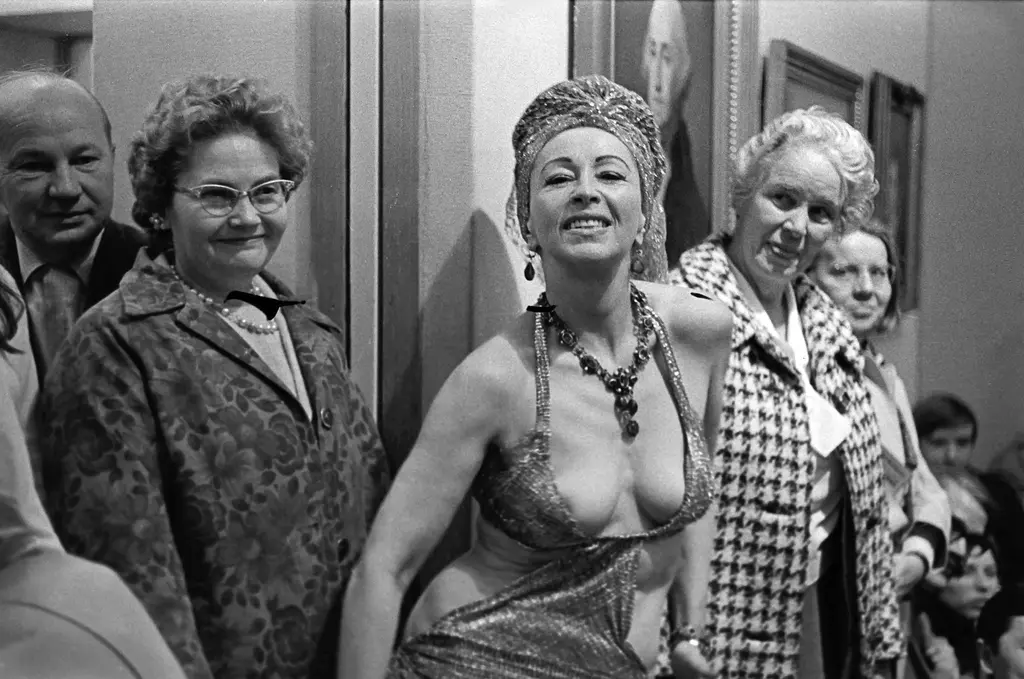When migrants photograph their own journeys in Europe
- Text by Biju Belinky

‘Police don’t respect to the asylum seekers! Guys asylum seekers not animals, asylum seekers are people!’ reads a postcard, written by one of the men who took part in Amy Lineham’s latest photo project, Disposable Perspectives.
Looking to challenge the mainstream portrayal of the migrant crisis and put some authorship back into the hands of asylum seekers, Amy gave disposable cameras to 15 men living in the Porte de la Chapelle camp, Paris. Out of the 15 cameras given, only 8 were returned after the five-day deadline – with quite a few of them being lost due to police violence.
Unfortunately, as will be obvious to anyone who has been paying attention, this isn’t surprising. As well having to deal with the unstable life they experience in the camps, aggression against the people who come to Europe in search of a safer life is rife, be it from the police, some less than welcoming locals, or the demonisation, especially of young men, perpetuated by right-wing press.
Instead of building a narrative around sadness and fear though, the photographs taken by these men and developed by Amy tell a different story, a human one with highs, lows and plenty of friendship.
“I met the guys because I was co-managing clothing distribution at the camp, so was always on the desk talking to people. I gave out the cameras right at the end of my time volunteering so I knew some of them quite well,” Amy explains via email.
“Others were new to the camp – I put a sign on the front of the distribution desk in English, Arabic, Farsi and Pashto, inviting people to ask about the project so a few joined that way. People were generally really excited and eager to take part, though we did have some rejections – one person said he would love to join but was worried about legalities over taking photos of strangers.”
Amy remembers how this bloke explained he’d just arrived in France and was nervous of doing anything to draw attention to himself, “that really highlighted to me how precarious day-to-day life for these people can be.”
Keeping the photographers anonymity for their own safety, Amy hopes the Disposable Perspectives exhibition, which features the images captured on the eight cameras, and postcards written by the participants, will dispel some of the myths about the migrant experience.
“I don’t feel it’s my place to speak on the experience of immigrants,” says Amy, “but what I wish people thought about was how each person under that banner is an individual living a 24/7 life in the same way as we all do. They have thoughts, feelings, interests, hobbies just like anyone else and their humanity should be recognised as equal.”




 Disposable Perspectives is on show at The HIVE in Dalston until 9 June, from 2-6 PM.
Disposable Perspectives is on show at The HIVE in Dalston until 9 June, from 2-6 PM.
Enjoyed this article? Like Huck on Facebook or follow us on Twitter.
Latest on Huck

Maryam El Gardoum is breaking new shores for Morocco’s indigenous surfers
The Amazigh Atlantic — Through her groundbreaking career and popular surf school, the five-time Moroccan champion is helping women find their places in the waves.
Written by: Sam Haddad

Youth violence’s rise is deeply concerning, but mass hysteria doesn’t help
Safe — On Knife Crime Awareness Week, writer, podcaster and youth worker Ciaran Thapar reflects on the presence of violent content online, growing awareness about the need for action, and the two decades since Saul Dibb’s Bullet Boy.
Written by: Ciaran Thapar

Volcom teams up with Bob Mollema for the latest in its Featured Artist Series
True to This — The boardsports lifestyle brand will host an art show in Biarritz to celebrate the Dutch illustrators’ second capsule collection.
Written by: Huck

A visual trip through 100 years of New York’s LGBTQ+ spaces
Queer Happened Here — A new book from historian and writer Marc Zinaman maps scores of Manhattan’s queer venues and informal meeting places, documenting the city’s long LGBTQ+ history in the process.
Written by: Isaac Muk

Nostalgic photos of everyday life in ’70s San Francisco
A Fearless Eye — Having moved to the Bay Area in 1969, Barbara Ramos spent days wandering its streets, photographing its landscape and characters. In the process she captured a city in flux, as its burgeoning countercultural youth movement crossed with longtime residents.
Written by: Miss Rosen

Tony Njoku: ‘I wanted to see Black artists living my dream’
What Made Me — In this series, we ask artists and rebels about the forces and experiences that shaped who they are. Today, it’s avant-garde electronic and classical music hybridist Tony Njoku.
Written by: Tony Njoku

